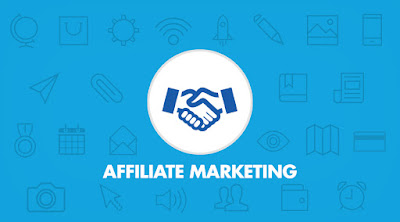What is Affiliate Marketing?

Affiliate marketing is a digital marketing technique that is similar to pay-per-click advertising, but with one difference: instead of paying for every click on an advertisement, the marketer gets paid for every sale, like a commission. In affiliate marketing, a publisher or an affiliate marketer is someone who advertises the products or services of a business to get a commission every time a visitor makes a sale on the website that they are advertising. The publisher can do the marketing via banner ads, search boxes or text links, sending visitors from their own blog or website. The owner of the business, or the person in charge of marketing of a particular business, who is known as the merchant or an advertiser in affiliate marketing - pays the publisher a certain amount as a commission when a visitor to their site, guided through links or ads from the publisher’s site. The amount of payment could be a percentage of each sale or a fixed amount. Some businesses prefer affiliat...